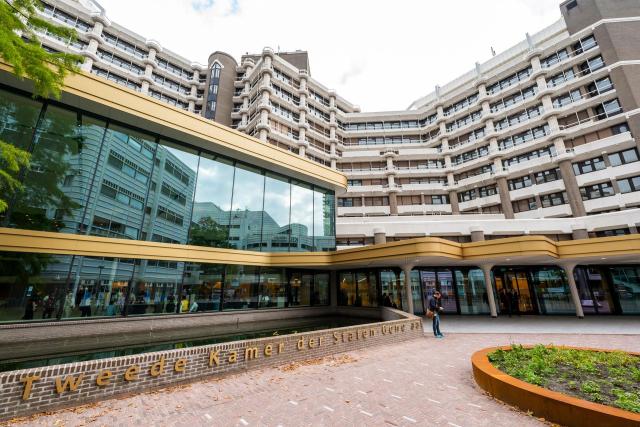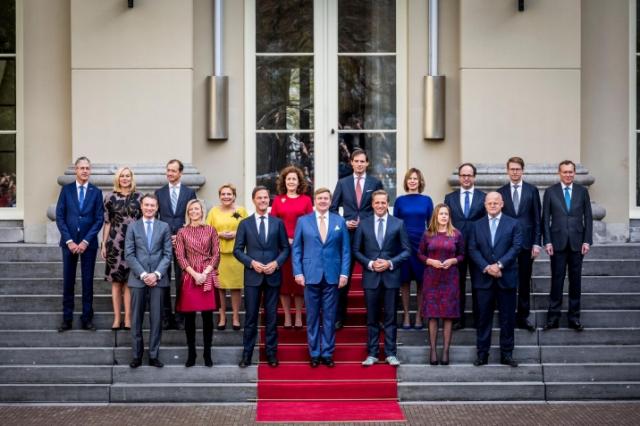Democracy in the Netherlands
The Netherlands is a parliamentary democracy. Normally once every four years the Dutch citizens entitled to vote (Dutch nationals aged 18 or over) elect the people who will represent them in Parliament, so the elections are the basis of democracy.
Parliament’s duties include scrutinising the work of the Government and making new laws in cooperation with the Government. The Dutch Parliament is called “the States General”. It is bicameral, which means it consists of two chambers: the Senate (Eerste Kamer der Staten-Generaal) and the House of Representatives (Tweede Kamer der Staten-Generaal).
People’s representation
The members of the Senate and the House of Representatives represent the people of the Netherlands. But how do these representatives of the people know what their voters want?

House of representatives
The main duties of the House of Representatives are co-legislation and checking that the Government carries out its work properly. The House of Representatives also plays an important role in...

Senate
The main task of the Senate is to adopt or reject bills, but it is also the duty of the Senators to scrutinise the work of the Government.

Duties and rights
The House of Representatives has two main duties: making laws and scrutinising the work of the Government. The main task of the Senate is considering bills approved by the House...

The Cabinet
The Cabinet comprises the Prime Minister, the other ministers and the State Secretaries. The Prime Minister acts as president of the Cabinet and chairs the weekly "Council of Ministers". The...

Coalition vs Opposition
The political parties that make up the Cabinet are called coalition parties. Parties that are not included in the Cabinet are called opposition parties. They can be said to oppose...
